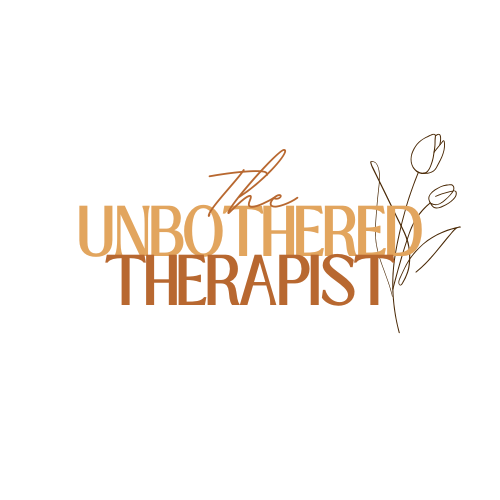Therapy Helped My Mind—Why Is My Body Still in Survival Mode?
Understanding Why You Still Feel On Edge (And How to Start Healing From the Neck Down)
You’ve done the work. Therapy helped you make sense of the past. You’ve unpacked your patterns, practiced new coping skills, maybe even learned to challenge that inner critic.
But even with all that insight, your body still clenches at the sound of a notification. You freeze during hard conversations. You crash after doing “the bare minimum.”
If you’re wondering, why do I still feel like I’m in survival mode?—you’re not alone. There’s a reason for it, and more importantly, there’s a way forward.
Why Insight Isn’t Enough
Talk therapy is powerful. It helps you make connections, gain clarity, and shift how you think. But trauma doesn’t live only in your thoughts—it lives in your body.
When your nervous system has been on high alert for years (or decades), understanding your trauma isn’t always enough to release it. You may know you’re safe now, but your body hasn’t gotten the memo.
Signs Your Body Is Still in Survival Mode
You’re constantly bracing for “the next thing”
You struggle to rest, even when exhausted
Loud noises or emotional tension put you on edge
You dissociate, shut down, or numb out during stress
You feel disconnected from your body, like it’s not “yours”
These aren’t personality traits. They’re nervous system responses—and they’re valid.
Why Your Body Might Still Be Holding On
1. You Never Felt Safe Enough to Let Go
If your body learned that rest = vulnerability, it’s going to resist letting its guard down. Even if you want to feel calm, your nervous system may be stuck in a loop of fight, flight, freeze, or fawn.
2. Traditional Therapy Doesn’t Always Involve the Body
Most talk therapy focuses on thoughts, behaviors, and relationships. But trauma often bypasses logic—it’s a felt experience. Without working through the body, some patterns linger.
3. You’ve Been Told to Push Through Instead of Listen
Especially as a high-capacity woman of color or LGBTQIA+ person, you may have been taught to over-function, perform, and push through pain. Reconnecting with your body means learning to feel—not just function.
What Nervous-System-Focused Support Looks Like
At The Unbothered Therapist, body-based support doesn’t mean bootcamp or pressure to “fix” yourself. It means…
Trauma-Informed Movement
Gentle, strength-building sessions that help your nervous system learn safety again. It’s about reconnecting with your body—not performing or perfecting it.
Rest as a Practice
We create space to regulate, rest, and unlearn the hustle. Rest becomes a strategy—not a reward.
Consent-Centered, Shame-Free Support
Every session is collaborative. You lead. Your needs are honored. You get to say “pause,” “not today,” or “let’s try a different way.”
You Deserve to Feel Safe in Your Body
Healing isn’t just about what you think—it’s about how you feel. If talk therapy helped your mind but your body is still holding the weight of what you’ve been through, it may be time to try a different kind of care.
This is where nervous-system healing begins. This is where you get to reconnect with the part of yourself that’s still bracing for impact—and help her feel safe enough to soften.
Ready to Heal From the Neck Down?
Whether you’re looking to complement therapy with body-based support or want to explore trauma-informed personal training that honors your capacity, I’m here to help.


